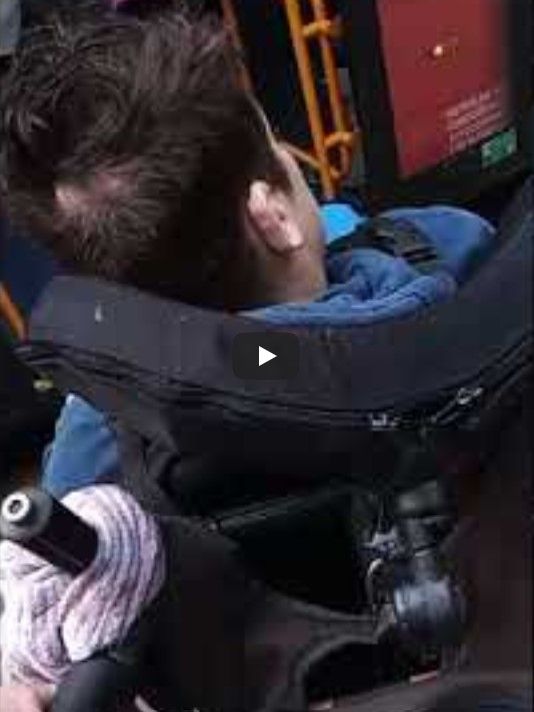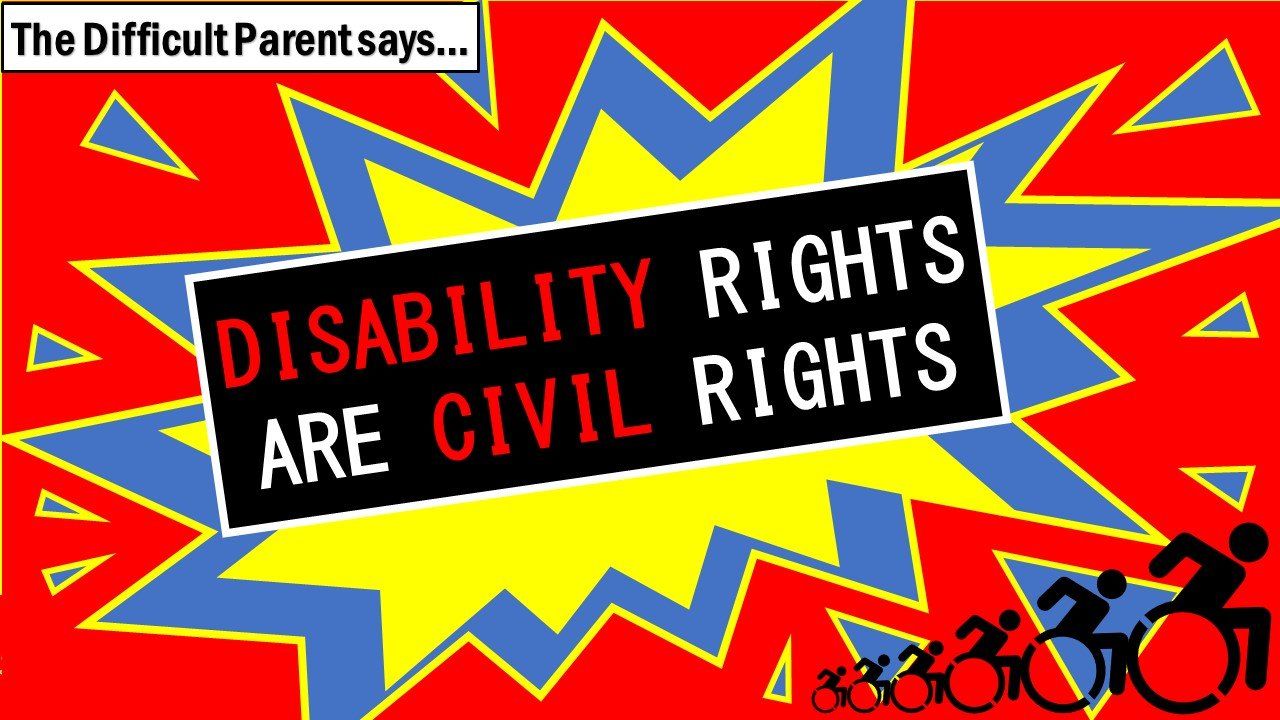AMAZE report recommendations for Haringey professionals
- By Brian Leveson
- •
- 30 Mar, 2021
- •
After a few meetings about engagement, we thought it worth reminding professionals about what the AMAZE Report recommended about sending information out a week in advance; sending dates out 3 weeks in advance; sending consultation information out 6 weeks in advance and agreeing dates with parents in advance.

Recommendations
For the recommendations, 'professionals' has been used as shorthand to cover staff working in commissioning and leadership roles at the local authority and health, as well as those working in education, health and care. Leadership across these sectors will need to identify and take ownership of specific recommendations relating to their teams and d rive forward their implementation, as the change required can only be achieved by a proactive, cohesive approach in the borough.
CULTURE AND PRACTICE
Senior management at the council to lead on fostering a
collaborative culture of honesty and transparency by being in the first
tranche of staff to be trained on participation and ensuring partnership
working is embedded across teams and processes. Contact, SCI E and N EF
consulting offer training of this nature.
Co-produce a training programme about participation with parents for
delivery to all client-facing staff and include participation techniques,
customer service, as well as training on the parent carer journey.
This should be co-delivered with parent carers and include them sharing
their stories face-to-face with staff and also via bite-size video clips.
This should be mandatory for all new staff as part of their induction and
offered over a defined period to all existing staff.
Ensure sufficient time/capacity is built into staff work plans and project
plans to support a variety of participation activities. This should include
time for senior management to meet with the PCF and hear from parent support
groups. Delivery of this activity must be reviewed as part of an individual's
annual appraisal.
Have standard agenda items at all key decision making meetings, such as: Update
from the PCF I What needs to be shored with the community and What do we need
to co-produce going forwards, for example
Local authority and CCG to provide a joint grant (ideally for 3 years
initially) to both the the new PCF and their support organisation which sets
out clear expectations and KPls for engagement activity
STRUCTURE AND PROCESSES
Review the existing SEND Executive Board and consider
whether this is the correct route for a SEND partnership, or if a new group is
needed. This will require the involvement of all stakeholders and
representation from the local authority, CCG, voluntary organisations such as
SENDIAS and spaces for two parent reps from the parent carer forum.
The SEND Executive/new Partnership Board should be allocated responsibility for
governance and commissioning for SEND services and given decision-making
powers, feeding up into other appropriate governance structures, i.e. the
Health and Wellbeing Board, Start Well Board, or Borough Partnership meetings.
The Chair of the new PCF should also be invited to sit on the Start Well Board.
Other subgroups, or shorter task and finish groups, should report into the SEND
Executive/new Partnership Board structure for example the High Needs Block
sub-group, the Transport Review.
Once established, the PCF Chair should be offered the opportunity to co-chair
this board, which should have clear Terms of Reference. It would also be very
useful to have a diagram of what meetings are going to happen going forwards
and reporting lines between each. We understand this is being worked on
currently.
So that this board is developed with input from SEND families we would suggest
that it should be paused until the forum's interim steering group has been
appointed (see back office support recommendations).
In the meantime, there will need to be a temporary channel through which
parents can raise concerns. We would suggest that the local authority and CCG
set up an email address so that parents have a point of contact and views can
be collated. Urgent queries and issues can be forwarded to the necessary teams
while topics and concerns that need further consultation with the community can
be collated for presentation at the SEND Executive/new Partnership Board.
Although this is not ideal, it is essential in order to put the right
foundations in place.
Meeting dates to be agreed in advance and PCF reps involved in agenda setting.
Minutes, agenda items and other relevant documents should be shared at least
one week prior to the meeting, to allow parent carers time to prepare.
Standing agenda item at meetings to include update from PCF on priorities in
the SEND community
PARTICIPATION PROJECTS AND COMMUNICAITON
Professionals to plan ahead for consultations and engagement
opportunities, with an ideal minimum of three weeks' notice for meetings and
six for consultations.
Parents should be involved from the outset to help determine what type of
engagement activity would be most effective. As part of this planning, have
discussions around the needs of families who do not have English as a first
language and whether translated materials or interpreters to access the
opportunities can be provided.
Utilise social media, websites, text and WhatsApp to communicate upcoming
sought and used in performance reviews. engagement opportunities, plus emails
and flyers via schools and Markfield. Once established, partner with the PCF to
promote events and other opportunities to participate. Provide flexible
participation methods, such as face to face meetings, focus groups, online
participation via Zoom, surveys, meetings at existing support groups and
voluntary organisations, and via email.
Agree the scope of pieces of work by developing a co-production document and a
brief to bring clarity to the process and manage expectations.
Ensure there is timely follow up to pieces of engagement work and
consultations, starting with an email to thank participants. If there are
many things to resolve, split them and communicate what has happened with
easily resolved points, by using a 'you said ... we did' format. Let families
know that other more complex and work towards parent representation at
meetings. issues are being looked at and further communication will follow.
Give regular updates via social media, the newsletter and so on, so parents
know that their input has been valued and contributed to change.
Council to consider developing a comprehensive disability register, possibly
with a partner organisation so that detailed data can be gathered to help plan
services for families.
Consider joining up a leisure discount card to the register scheme to offer an
incentive for families to share their personal data. Co-produce the project to
develop the scheme so that families can say how much data they would be
prepared to share and service commissioners and managers can consider what data
they would find most helpful. Look at outsourcing the scheme to an independent
organisation, as families might be more willing to share their data.
Use register to identify translation needs and most vulnerable families in the
borough and plan for targeted services to meet these needs, including some of
the initiatives mentioned earlier.
SERVICES AND STAFFING
Training, for all staff who are in client-facing roles
to ensure courtesy, prompt responses and excellent communication with
families.
Management to develop evaluation processes and protocols to ensure there is
consistency in the quality of services provided, and feedback from families is
regularly sought and used in performance reviews.
Give staff the appropriate tools and support to ensure they have the confidence
and skills to de-escalate situations and successfully resolve issues for
parents.
Training for teams to encourage open two-way dialogue and transparency when
dealing with parent carers and ensure staff value the knowledge of parent carer
Ensure prompt assessments from social care and that families are signposted to
the children's disability team to access support. Work to improve shared
understanding and transparency around eligibility thresholds for families.
Provide information which helps parents to understand the EHC panel process and
work towards parent representation at meetings.
Collectively review intelligence from a variety of sources such as the PCF,
SENDIASS, Disability Register, service evaluations and service feedback to help
determine priorities together.
Make increasing co-production a standard objective in personal development
plans for services for families.










